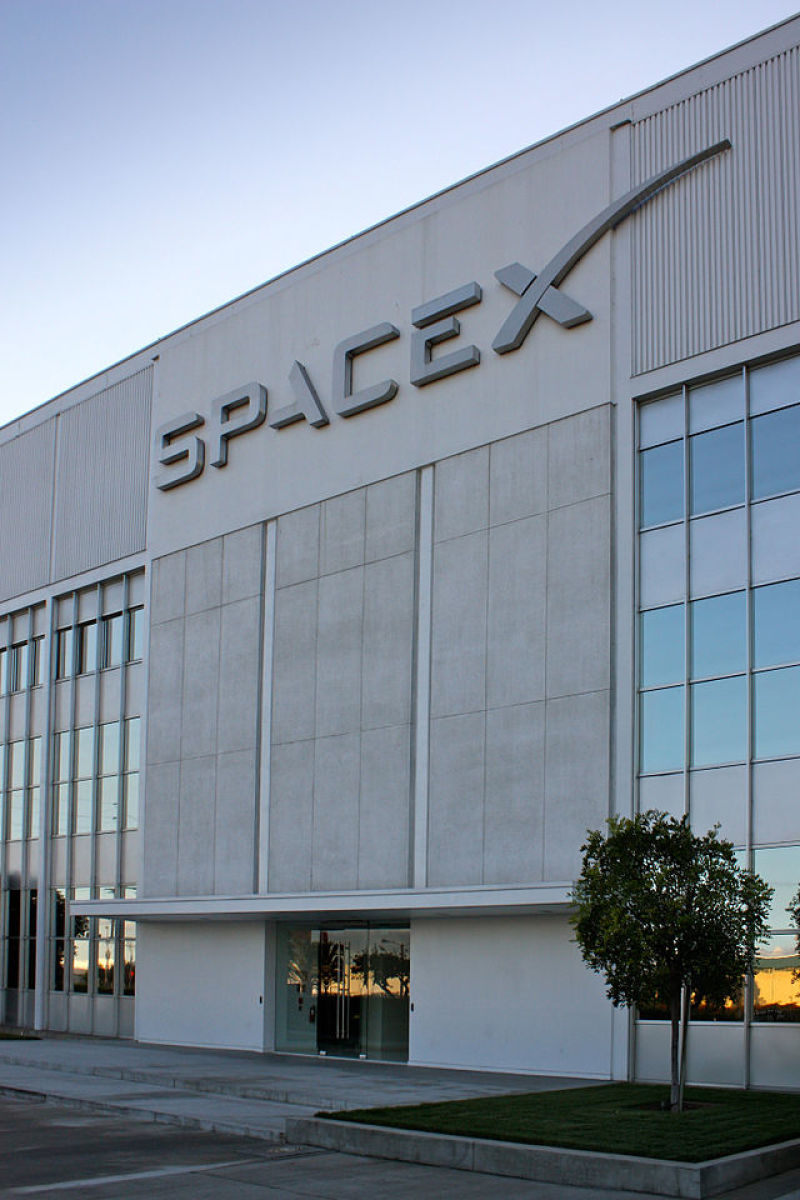

Entrance to the SpaceX headquarters located in Hawthorne, California.
Early Tuesday morning, SpaceX successfully launched yet another highly advanced commercial satellite into orbit aboard its Falcon 9 rocket.
The rocket, carrying AsiaSat 8 telecommunications satellite, soared into space at 4:00 a.m. from SpaceX's Florida launch pad, the Cape Canaveral Air Forces Station. The launched was initially set at 1:25 a.m. but was rescheduled due to minor issues encountered with the rocket's first stage.
The AsiaSat 8 communications satellite was built for the Hong Kong-based Asia Satellite Telecommunications Holdings Ltd. or AsiaSat by Space Systems/Loral. Such a high-power satellite was designed to be a part of a network of satellites offering telecommunications services for the Asia-Pacific Region.
In its website, AsiaSat stated this project intends to offer exceptional power and additional beam coverage to boost its services in areas such as direct-to-home television broadcast as well as broadband services.
William Wade, the chief executive of AsiaSat, said this launch is the first of two satellite launches agreed upon by AsiaSat and SpaceX. This engagement came about after SpaceX successfully got NASA's approval to transport cargo to International Space Station.
This is the first time that AsiaSat tapped a U.S. based launcher since 2003. SpaceX's reasonable cargo rate of $54 million per launch was a critical factor for AsiaSat to reconsider its dealings, according to Wade.
SpaceX is a company founded by former Paypal entrepreneur and Tesla Motors CEO Elon Musk in 2002. In its website, the company stated they intend to revolutionize space technology and help people travel into space and live on other planets.
SpaceX is gradually becoming a force to reckon with in commercial space travel mainly because of sheer affordable options they offer.
Musk stated, "SpaceX can cut down cost of space travel by as low as a factor of 100." This, he added, can be achieved with the recent development of recycling rockets.



















